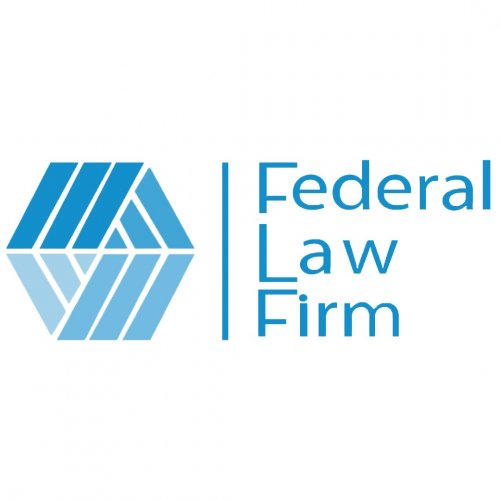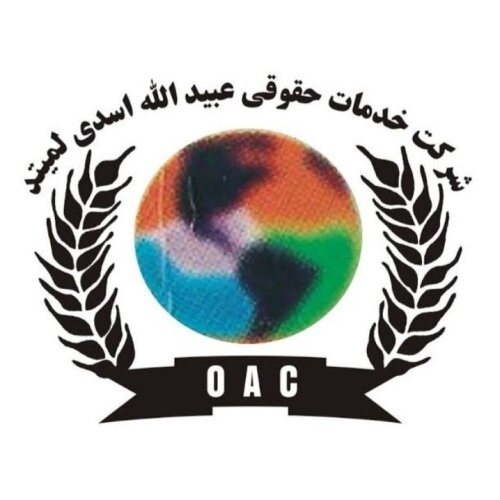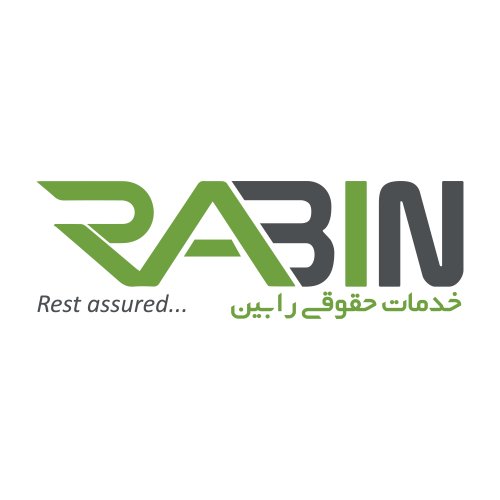Best Art & Cultural Property Law Lawyers in Afghanistan
Share your needs with us, get contacted by law firms.
Free. Takes 2 min.
Or refine your search by selecting a city:
List of the best lawyers in Afghanistan
About Art & Cultural Property Law in Afghanistan
Afghanistan is rich in cultural heritage, with a history spanning thousands of years. Art & Cultural Property Law in Afghanistan focuses on the protection, preservation, and restitution of cultural properties, including historical artifacts, monuments, and artworks. Given the nation's complex history and diverse cultures, these laws are crucial for safeguarding Afghanistan's cultural legacy, ensuring that both tangible and intangible heritage can be preserved for future generations. Efforts include combating illicit trafficking, promoting heritage conservation, and fostering cultural understanding.
Why You May Need a Lawyer
Individuals and organizations might require legal assistance in Art & Cultural Property Law for several reasons. Common situations include:
- Disputes over the ownership or restitution of cultural artifacts.
- Cases of illicit excavation or export of cultural properties.
- Legal planning for the protection and conservation of heritage sites.
- Negotiations or litigations involving international art transactions or loans.
- Guidance on complying with local and international heritage protection laws.
An experienced lawyer can offer valuable legal guidance, help navigate complex regulations, and support in defending cultural interests.
Local Laws Overview
The legal framework governing Art & Cultural Property in Afghanistan involves a mix of national statutes, international treaties, and customary law. Key legal aspects include:
- National Heritage Protection Law: Establishes protections for historical sites and artifacts, prohibiting unauthorized excavation and export.
- Penal Code: Provides penalties for illegal trafficking of cultural property.
- International Conventions: Afghanistan is a party to several international agreements, including the 1970 UNESCO Convention on the Means of Prohibiting and Preventing the Illicit Import, Export, and Transfer of Ownership of Cultural Property.
- Customary Practices: Local customs and traditions are respected, particularly in areas where formal legal mechanisms are less prevalent.
Frequently Asked Questions
What is considered cultural property under Afghan law?
Cultural property in Afghanistan encompasses objects, sites, and practices of historical, artistic, scientific, or cultural significance. This includes monuments, works of art, manuscripts, and archaeological sites.
Is it legal to export cultural artifacts from Afghanistan?
No, the export of cultural artifacts from Afghanistan without proper authorization is illegal and subject to severe penalties under national law.
How does the law protect cultural heritage sites?
The law prohibits unauthorized excavations and constructions on or near heritage sites. Any alterations or developments require approval from relevant authorities.
What should I do if I find an artifact?
If you discover a cultural artifact, you should report it to local authorities to ensure its protection and proper documentation under the law.
Are there penalties for damaging cultural properties?
Yes, damaging or destroying cultural properties can result in legal penalties, including fines and imprisonment, according to the Afghan Penal Code.
Can foreign organizations conduct archaeological research in Afghanistan?
Yes, foreign organizations can conduct archaeological research, but they must obtain permits from the Afghan Ministry of Information and Culture and comply with legal requirements.
What role do international conventions play in Afghan cultural property law?
International conventions complement national laws by providing frameworks for international cooperation in protecting cultural heritage and preventing illicit trafficking.
How can communities be involved in cultural heritage protection?
Communities can participate in safeguarding their cultural heritage through local conservation initiatives, educational programs, and by adhering to preservation laws.
Where can I report suspected illegal activities involving cultural properties?
Suspected illegal activities can be reported to local police, the Ministry of Information and Culture, or international bodies like INTERPOL.
How does technology aid in cultural property protection?
Technology aids in documenting artifacts, monitoring sites, and creating digital archives, helping maintain records and prevent unlawful trade of cultural properties.
Additional Resources
For more information or assistance, consider reaching out to the following resources:
- Ministry of Information and Culture: Responsible for cultural heritage protection and regulation enforcement.
- UNESCO: Provides resources and support in cultural heritage protection and restoration efforts.
- Afghan Heritage Support Organizations: Local NGOs engaged in promoting and preserving cultural heritage.
- INTERPOL: Offers resources for combating the illicit trafficking of cultural goods.
Next Steps
If you find yourself in need of legal assistance in the field of Art & Cultural Property Law in Afghanistan, consider taking the following steps:
- Document the issue or concern you are facing in detail, including any relevant evidence or communications.
- Consult with a lawyer specializing in cultural property law to understand your rights and options.
- Reach out to local governmental bodies, such as the Ministry of Information and Culture, for support and guidance.
- Engage with international organizations for broader issues involving cross-border concerns or foreign entities.
Seeking expert legal advice can significantly influence the protection of cultural heritage and navigate the complexities of the law effectively.
Lawzana helps you find the best lawyers and law firms in Afghanistan through a curated and pre-screened list of qualified legal professionals. Our platform offers rankings and detailed profiles of attorneys and law firms, allowing you to compare based on practice areas, including Art & Cultural Property Law, experience, and client feedback.
Each profile includes a description of the firm's areas of practice, client reviews, team members and partners, year of establishment, spoken languages, office locations, contact information, social media presence, and any published articles or resources. Most firms on our platform speak English and are experienced in both local and international legal matters.
Get a quote from top-rated law firms in Afghanistan — quickly, securely, and without unnecessary hassle.
Disclaimer:
The information provided on this page is for general informational purposes only and does not constitute legal advice. While we strive to ensure the accuracy and relevance of the content, legal information may change over time, and interpretations of the law can vary. You should always consult with a qualified legal professional for advice specific to your situation.
We disclaim all liability for actions taken or not taken based on the content of this page. If you believe any information is incorrect or outdated, please contact us, and we will review and update it where appropriate.
Browse art & cultural property law law firms by city in Afghanistan
Refine your search by selecting a city.












